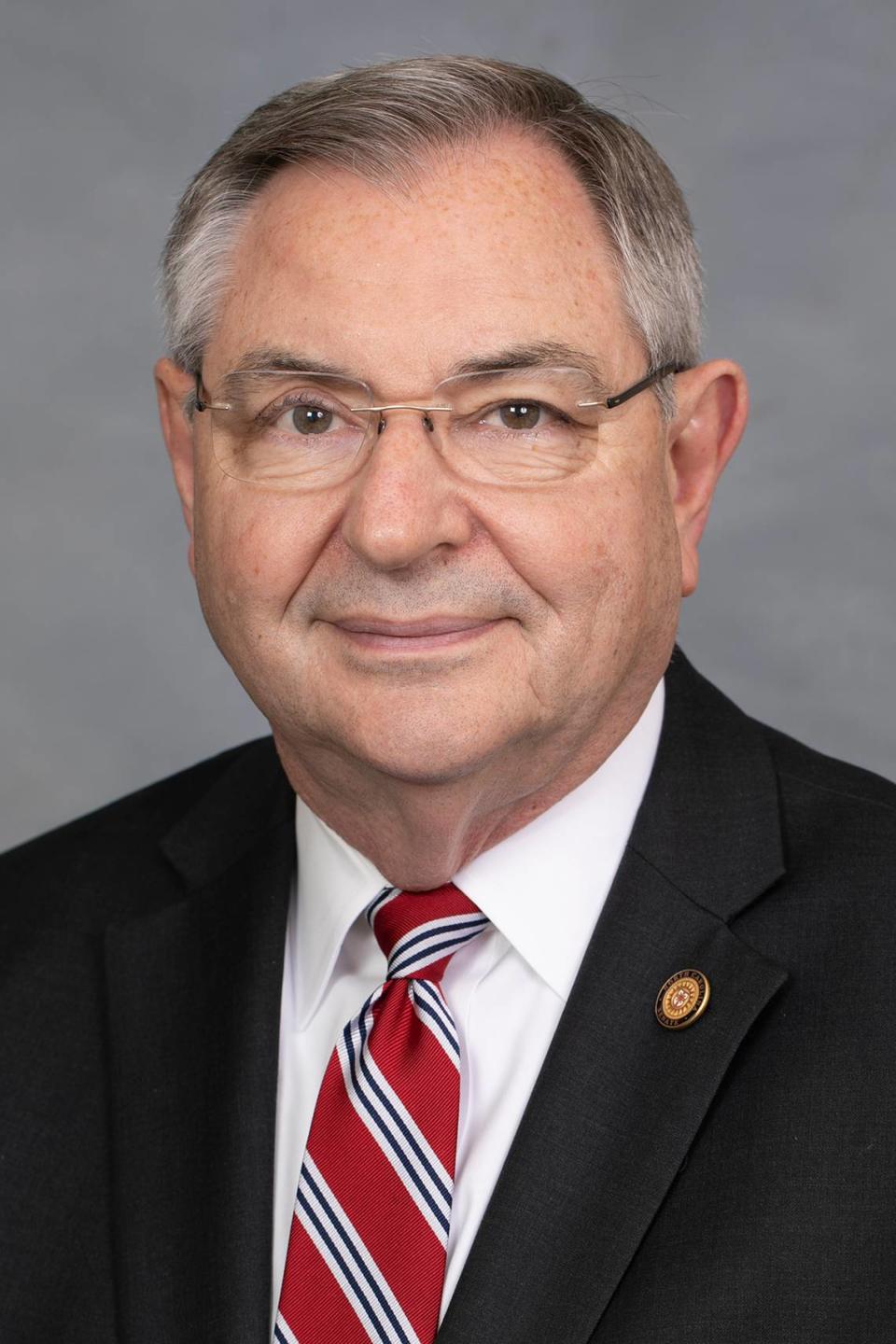Legalizing sports betting is a bad bet for North Carolina | Opinion
Editor’s note: A bill to legalize sports betting passed the N.C. House this week and is headed to the Senate. We asked legislators with differing views to weigh in on it. This op-ed presents arguments for the bill. The opposing view can be found here.
Life could change dramatically for sports fans if the N.C. legislature approves a new sports gambling law. It would allow North Carolinians to use their cellphones to bet on all kinds of professional and amateur sports. Just upload the mobile app, put in your credit card number, and let the unlimited bets begin — that is until your money runs out. And it will.
Legislators from both sides of the aisle are for and against this legislation. Here’s why we — a Republican senator and a Democratic House member — think online sports betting is a bad bet for North Carolina.


Gambling is predatory. Only the dealer wins. In North Carolina, 10 out-of-state licenses will be awarded to the dealers — big gambling organizations. Each will pay $1 million for a 5-year license. Companies like Fan Duel and Draft Kings will take in hundreds of millions of dollars every month in wagers. The bets are not just on who wins the game; “micro bets” can be placed on every aspect of a game — every swing, first down, free throw or lane split.
The billions that gambling organizations will rake in will come out of the wallets of bettors. And to reach more bettors, gambling ads will flow furiously, particularly targeted at young men. This year alone the NCAA basketball tournament is expected to attract $15 billion in bets from 68 million Americans. Not all will become problem gamblers, but far too many will.
Many other states that have legalized internet (online) gambling have yet to realize the promise of tens of millions of dollars in new revenue. Sports gambling organizations are able to deduct from their profits massive advertising costs as well as promotional offers of “free bets”, some up to $1,000 in credits, to lure in new bettors — all deductible business expenses, with far less revenue going to the state.
The cost to administer this new endeavor will come out of N.C. Educational Lottery proceeds. Our lottery was established to supplement public educational funding. As we now know, lottery funds have only filled budget losses. This legislation would take $14 million from lottery proceeds to set up the sports betting administration.
Gambling is highly addictive and researchers say gambling addiction is an escalating public health crisis. In the last three years calls to problem gambling hotlines rose by 276% in Massachusetts and 387% in Virginia.
In Illinois, a study by the state Department of Human Services showed that two years after online betting was legalized there more than 383,000 people were identified as having a gambling problem, with 761,000 estimated to be at risk of developing one. Problem gambling hotlines weren’t much help. They offered one free 45-minute counseling session, then suggested problem gamblers find their own therapist.
Sports betting is ripe for abuse. Internet sports betting can be alluring to children who can open accounts with fake information. While athletes and coaches cannot bet on their own performances, their families are free to do so, perhaps using personal knowledge that others do not have. The intense pressure of competition for elite athletes will only become more intense with high financial stakes not only on professional athletes, but on amateur, college and Olympic athletes. For some it could be a breaking point.
Lawmakers are split on the question of gambling, but we do know that the promises of bountiful revenue is not the way to fund the budget by promising universities and sports teams extra money. Projected revenues in other states have fallen far short, while the gambling industry begins to push for more lucrative money in online casino gambling.
We sign this as a Republican and a Democrat and are united in our opposition to gambling. It is not worth the human cost.
Rep. Marcia Morey represents Durham County in the North Carolina General Assembly. Sen. Jim Burgin represents Harnett, Lee, and Sampson counties.

